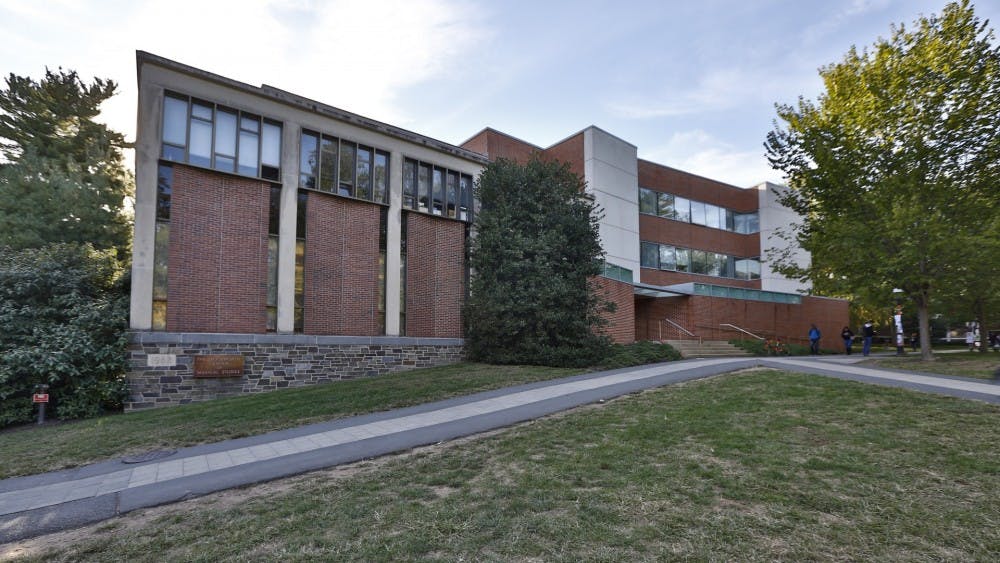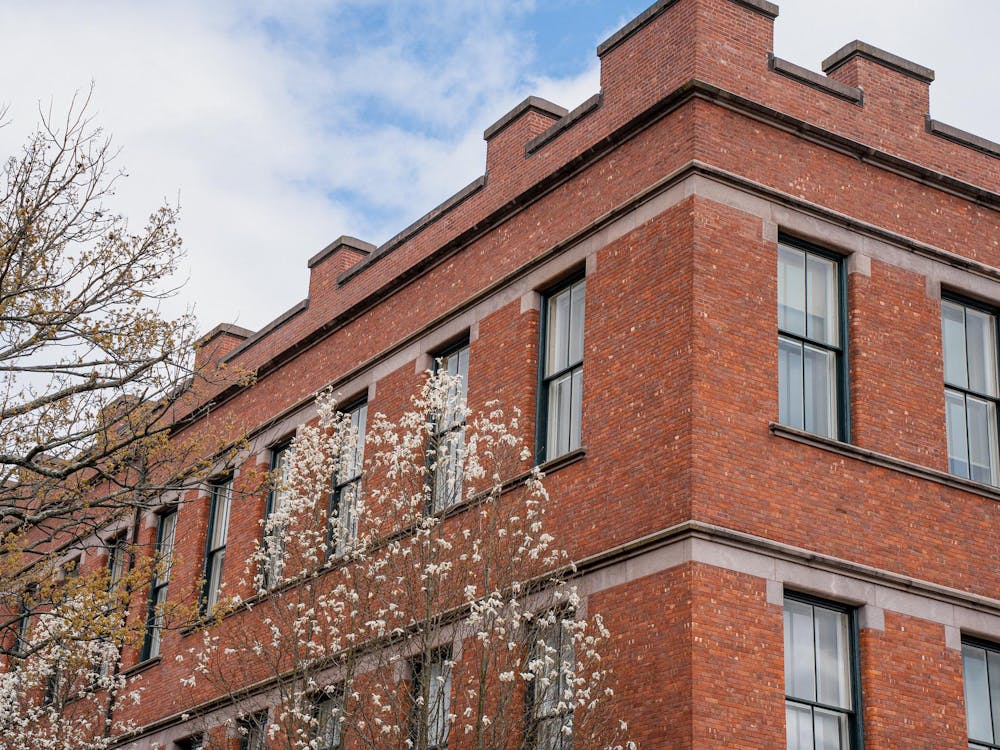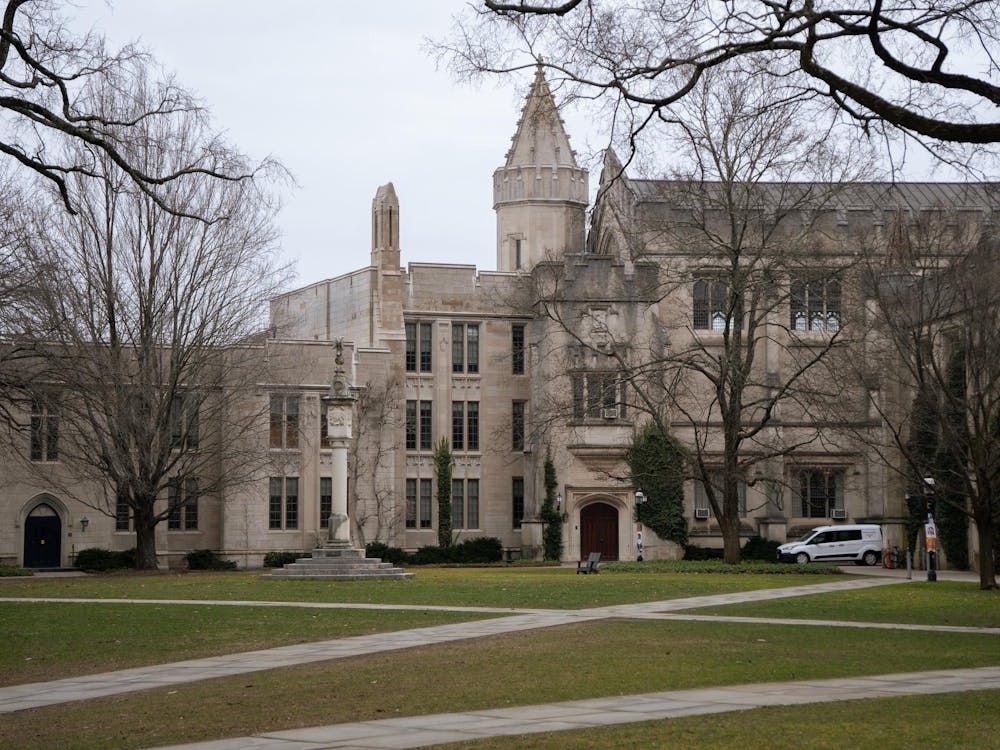Black South Africans tuned their ears toward music to resist apartheid. Urban art gave serious political powers to South Africans that performed it, according to Witwatersrand University anthropology professor David B. Coplan.
In a lecture on Tuesday, Oct. 23, Coplan detailed the overwhelming influence of the arts in undermining the political repression of minorities during apartheid and beyond.
University assistant professor of music Gavin Steingo introduced Coplan to an audience of eager students and curious faculty members by discussing the guest speaker’s film prospects.
“[Coplan] decided to go to South Africa to make a film in 1976,” said Steingo, who is a South African scholar in music studies himself. “[It] turned out to be the worst year in South African history, the most repressive year.”
After witnessing the height of the civil rights movement in the United States, Coplan said he was inspired to see the power of social reconstruction. This desire — coupled with the expectation of developing nations to democratize — drew him to study South African culture and society through film.
“My generation of Americans was shaped by the civil rights movement, political assassinations, the Vietnam War, and Watergate,” Coplan said. “For us counter culturalists, simply entering the American education and career treadmill no longer appeared as a dream.”
According to Coplan, South Africa had a renaissance in the 1950s that was comparable to the Harlem Renaissance. This rebirth, however, was largely suppressed by coverage of the apartheid regime’s actions. For Coplan, this lack of recognition inspired him to write the book “In Township Tonight!” about the social history of black South African urban music.
He told the audience that he wrote the book “to grant greater significance to the domains of performance” in order to overcome “some of the resistance [in South Africa] to the serious study of cultural production [in the arts].”
Coplan concluded by talking about the continued necessity of higher education when it comes to facilitating societal renewal.
“Higher education will be a battleground of social reconstruction and the post-apartheid struggle for South Africa’s soul,” he said.
Continuing the metaphor of South Africa’s soul, Coplan called music a driving force in the country’s cultural renewal amid seemingly ever-present racial tensions.
“South Africa has come close to the brink … and never gone over,” he said.

The event was cosponsored by the Department of Anthropology and the African American Studies Program. The lecture was held on Oct. 23 from 4:30–6 p.m. in the Woolworth Center for Musical Studies.









